A jazz sanctuary amidst Dhaka’s familiar chaos
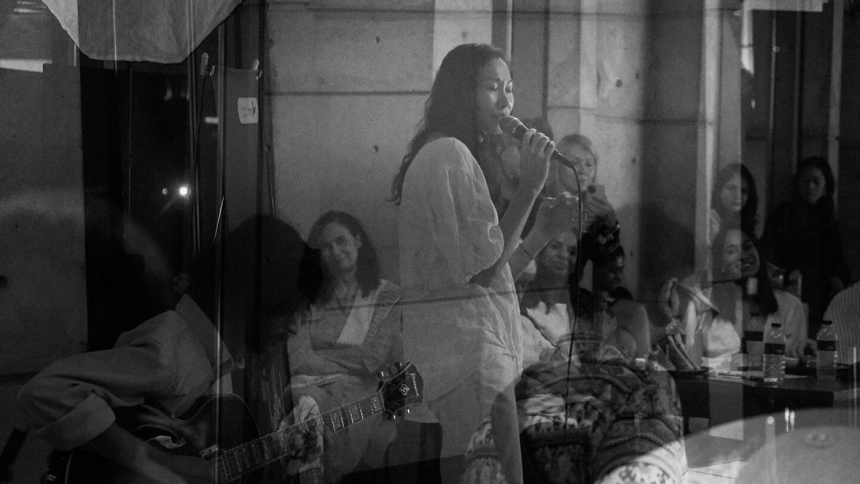
On an uncharacteristically cool April evening, I stepped out of Banani's blaring traffic and neon haze into a dimly lit room tucked within a commercial building and almost cinematically shifted from chaos to a melodical hush. A small audience leaned forward, captivated by the spell of an ensemble that included an esraj, a sarod, a jazz guitarist and a drummer, and a vocalist whose voice moved without language, just sound, rhythm, and improvisation. The music was neither entirely classical nor jazz nor fusion, but something looser, more exploratory, alive to the moment.
The performers on stage were part of Voicingers, a Polish jazz collective, playing alongside local musicians. Together they created something layered and unexpected, a blend of jazz improvisation, Indian classical phrasing, and Bengali folk textures. The venue, Butternote - A Jazz Cafe, is Dhaka's first dedicated jazz café and part of a small but growing movement giving jazz a home in bustling Dhaka.
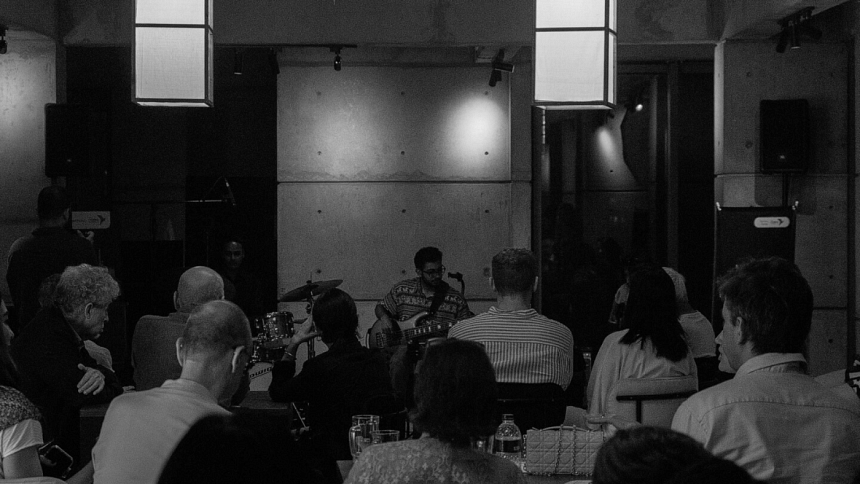
The jazz scene in Bangladesh is small, intimate enough that most regulars know each other. But within that intimacy lives a strong sense of purpose and a desire for musical innovation. Familiar names include drummer Towfiq Arifin, guitarist Imran Ahmed, and saxophonist Rahin Haider. "Jazz performances were mostly happening in private living rooms, embassy events, or private and corporate gigs," said Imran. "But quite a few touring musicians are now interested in stopping by Dhaka if they're playing in the region."
While jazz is often viewed as a Western form, there's a resonance that cuts across borders. Indian classical and Bengali folk music all share certain characteristics, techniques of improvisation, emotional storytelling, and rhythmic play — this is obvious when the jazz musicians with their trumpets and pianos collaborate with the indomitable folk singer Baby Akhter and renowned dhol player Nazrul Islam. "The fusion jams are a lot of fun," Imran said. "But to truly communicate and collaborate, you need a strong technical foundation, understanding rhythm cycles, time signatures, whether we are playing Western scales or Eastern raags."
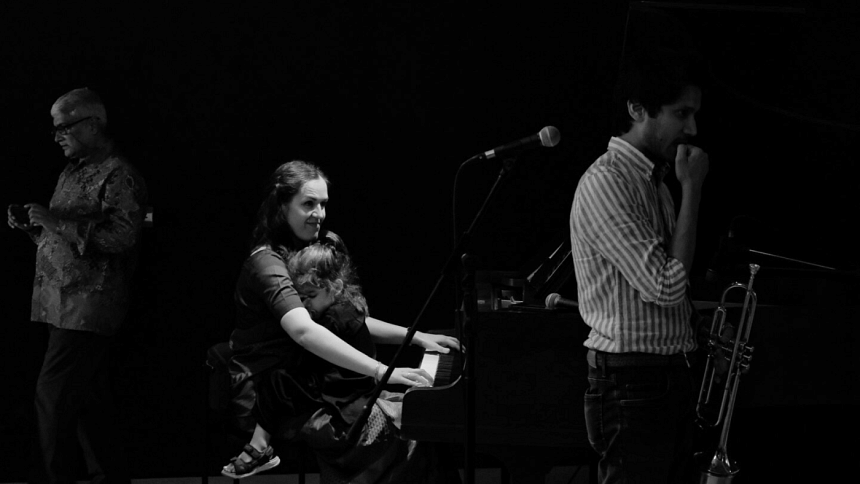
There's something deeply familiar about jazz when you listen closely. Jazz emerged from the African American experience in the Deep South of the United States, blending work songs, spirituals, and blues into a form that defied musical conventions. Similarly, Bangla folk evolved from the riverine lives of ordinary people, boatmen, mystics, and rebels, who sang of love, loss, and liberation in a fluid, melodic language. That parallel may not always be obvious, but it's felt deeply by musicians who straddle these traditions, drawing on both to create something new.
Butternote was founded with that spirit of collaboration in mind. Co-founded by Imran, Towfiq, and Apurba Mustafa, all versatile musicians in their own right, the space reflects their shared passion for jazz and experimental music. "We started Butternote so we could have our own creative space," said Imran. "A place to bring people together, invite international artistes, and not worry about finding or renting venues every time." The café's warm acoustics and intimate layout have already hosted visiting musicians, workshops, and jams. "We want this to be a hub for creative music," Towfiq added. "To make jazz more accessible so people can experience this music live, and carve out a space where musicians can push boundaries ."
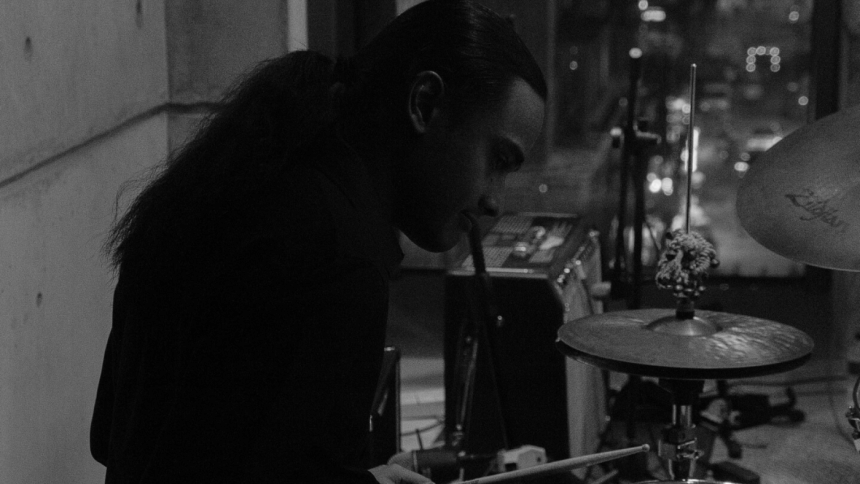
Still, the challenges are real. Formal jazz education is nearly nonexistent in Bangladesh. Most musicians are self-taught, relying on recordings, YouTube clips, and occasional workshops. "I've learned the most from visiting artistes," Towfiq said. "We have to keep seeking out knowledge, refining our taste, pushing ourselves to get better." One recent highlight: a Zoom call with jazz legend Herbie Hancock, organised as part of International Jazz Day. "To share that space, even virtually, was incredible," Towfiq said. "It reminded us that we're part of something larger."
For now, Butternote continues to host shows quietly, consistently. The room may be small, but the ambition isn't. As the final notes faded that evening, no one rushed to leave. The music had made a space, for listening, for connection, for something still becoming. At that moment, it didn't matter that jazz in Bangladesh is small — what matters is that it's alive and playing on its terms.

 For all latest news, follow The Daily Star's Google News channel.
For all latest news, follow The Daily Star's Google News channel. 





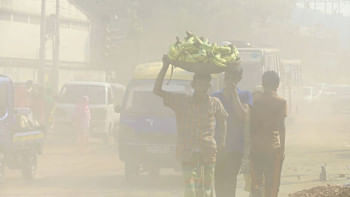
Comments